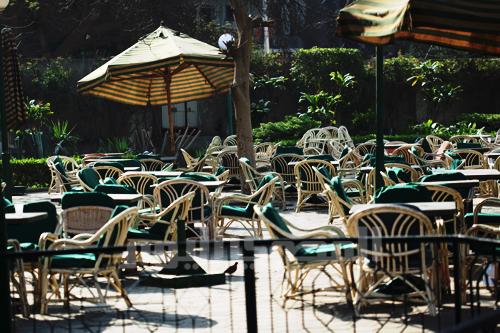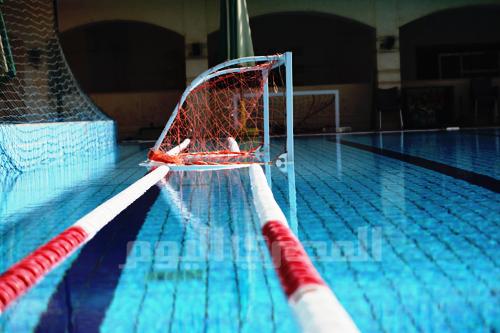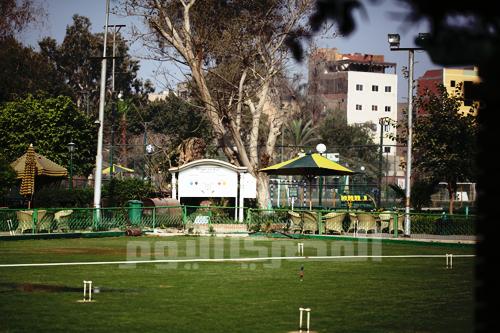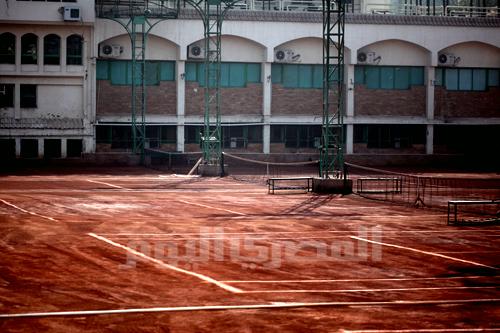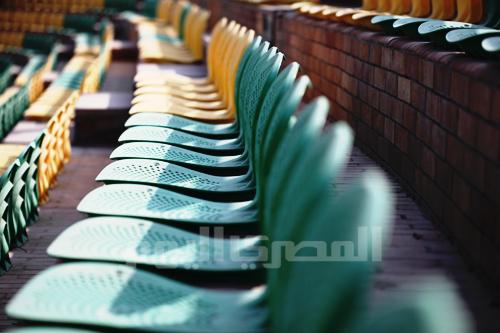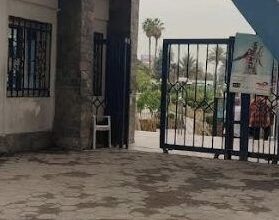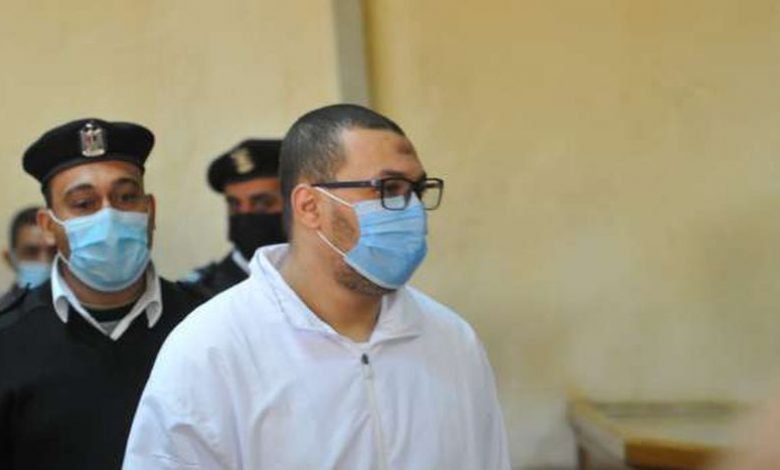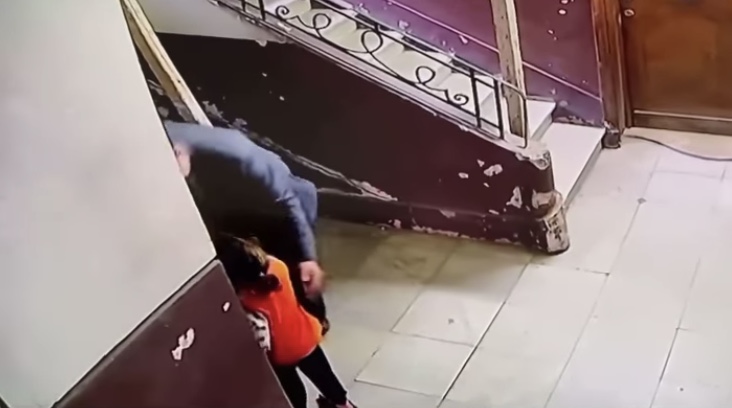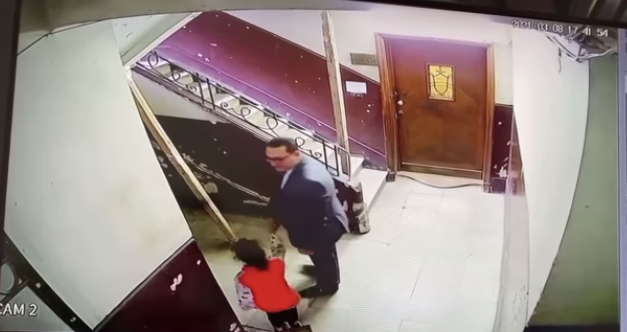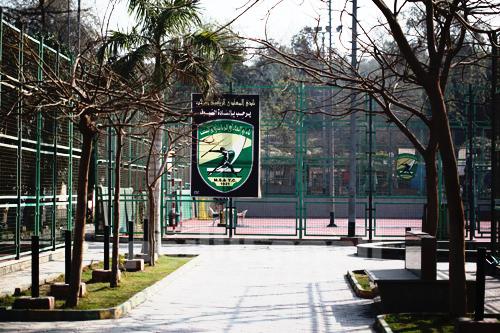
Community sporting clubs are a deeply entrenched pillar of the city of Cairo. Sporting, hunting, yacht and soccer-based clubs are scattered around suburbs and communities throughout the greater city.
The largest and oldest of these clubs are the Gezira Sporting Club, the Maadi Club, the Heliopolis Club and the Shooting (Seid) Club in Mohandiseen. These clubs stand out as community gathering places and incubators for young, talented athletes. The four cater to the middle and upper-middle classes of Cairo, providing a haven from the chaos of the city.
With our previous story on the Gezira Sporting Club, we have the next three weeks to take a closer look at the three remaining clubs — their histories, their communities and their political and social functions.
It’s 8 am and the club is relatively quiet — a group of older gentlemen set up for a dominoes game on the bamboo tables near the entrance as the waiter, in uniform, circles around, taking orders and offering doses of respect and admiration.
Following the winding footpath through gardens and playing fields is a peaceful process in the morning — no chatter, no children. The gardening staff tend to the flowers and early-morning tennis players exchange serves and returns with routine like precision.
The club evolves gradually; the old melding in with the club’s natural environment, the new popping out in bright colors. The floaters in the new water polo pool are striking red, but the old basketball courts are disappearing into the shrubbery in the back corner by the fourth gate.
One of the most unchanging parts of the Maadi Club is the croquet field and the buildings that surround it. Two hair salons — one for men and one for women — are housed in the back of the club house, facing the croquet field. People gather around the court to watch players and talk politics, sipping the club’s lemonade with mint.
The mosque at the Maadi Club serves as a gathering place on Fridays. Men meet for Friday prayers and continue for breakfast in the clubhouse or in the sitting area by the entrance.
The Maadi Sporting and Yacht Club was founded in 1921 as a club for the British citizens living in Maadi. Stories from Maadi residents that date back to the ‘30s talk of swimming trainer Ibrahim and the horses in the Maadi Club stables.
“Back then, the club manager lived in a villa in the middle of the club premises,” says Hussein Abdel Azim, the current manager of the Maadi Club.
In the ‘20s, the club’s premises ranged from Victoria (now Victory) College in present day Degla to the Nile. Now, the club’s main residence is bordered by Golf Street and Demeshk, cornered by Suares Square. Five gates offer entrance to the club — catering to the children’s play area, the gym and the back of the pool on one side, the main entrance on another and the notary entrance on a third.
The Yacht Club on the Nile is a part of the club that acts as a marina for 20-some parked boats owned by members of the club. At the Yacht Club, you can order what is known as typical “club food” — breaded veal escalope and mini oven macaroni casseroles with bechamel and ground beef.
Elections for club leadership were held in 2011 and, despite strong campaigns by Islamist members of the club, were won by a more secular set of candidates. For many in Maadi, this signified a social victory for a community that feels threatened by the lifestyle changes promised by Islamist members of Parliament.
“The Maadi Club members grew up together,” explains Hedy Ismail, a Maadi resident. “Although we’ve grown apart over the years, we came together to protect the club and it worked.”

